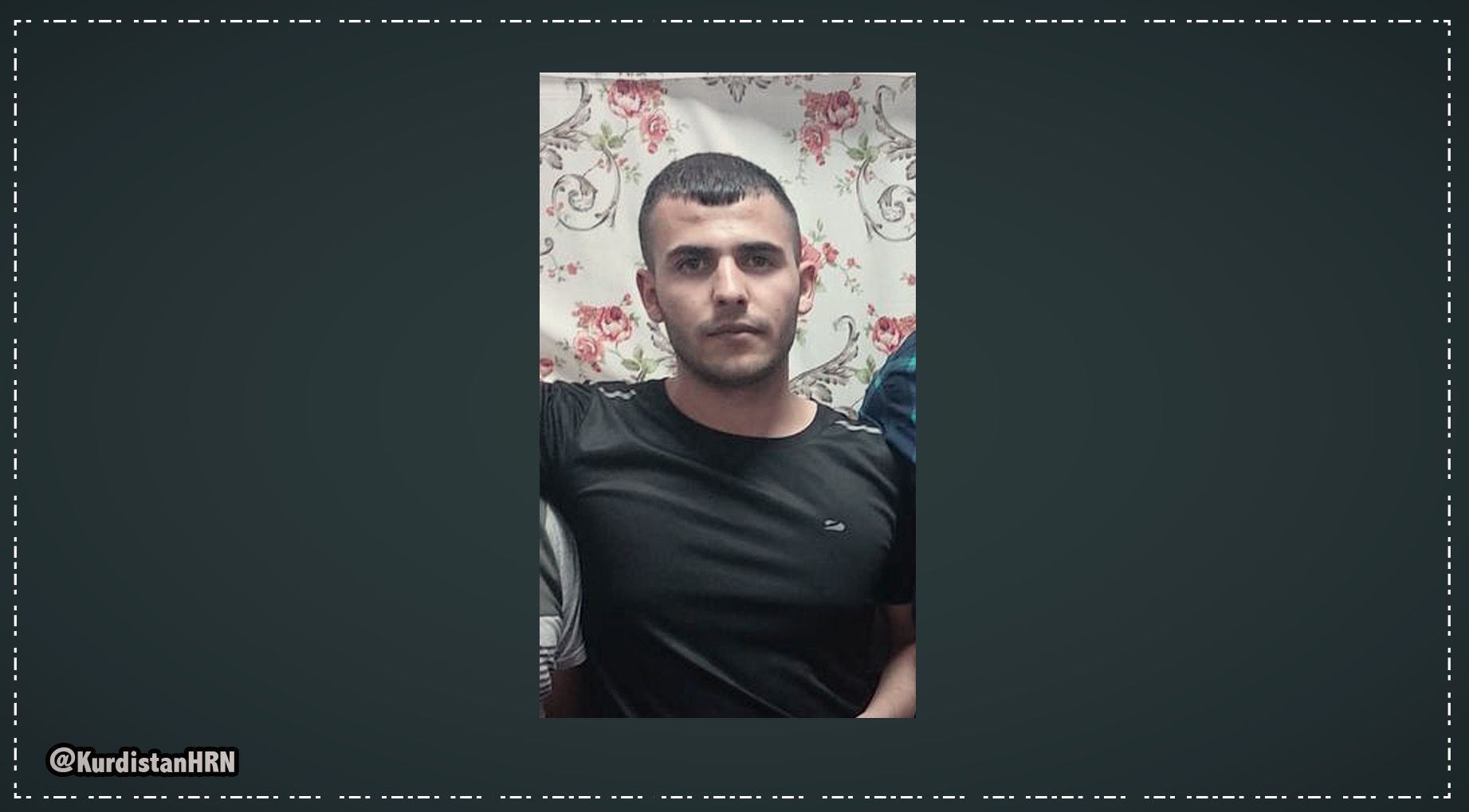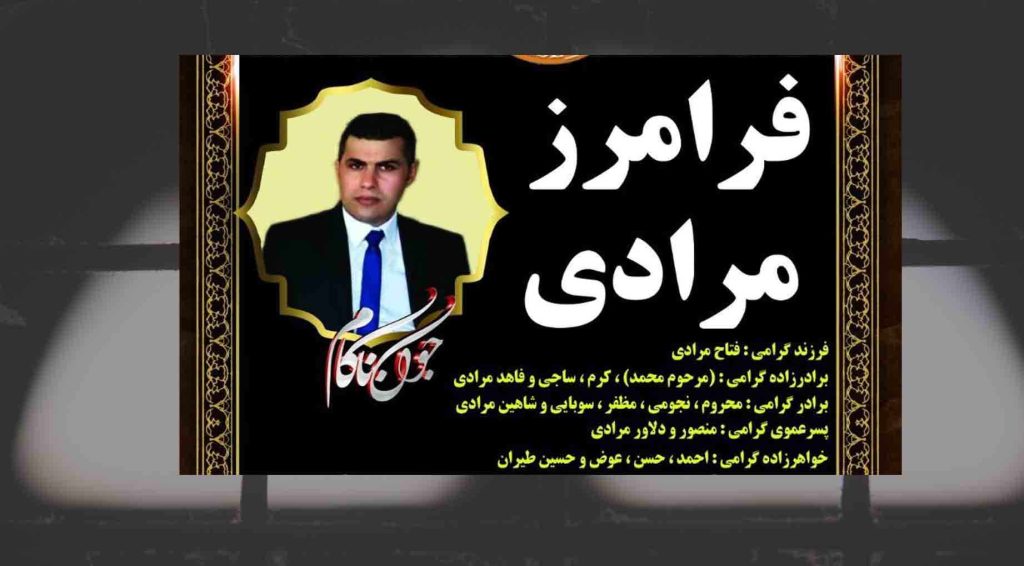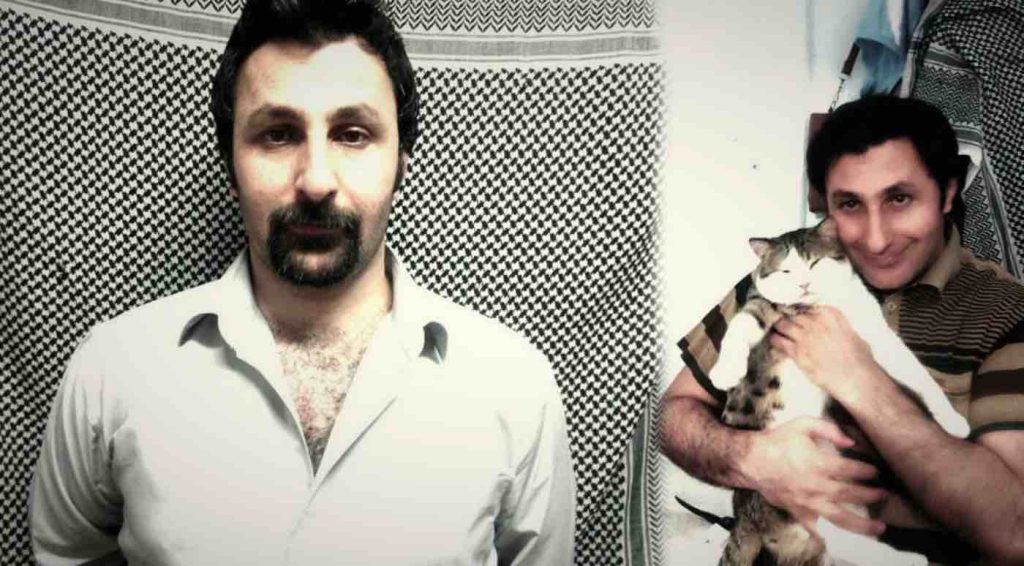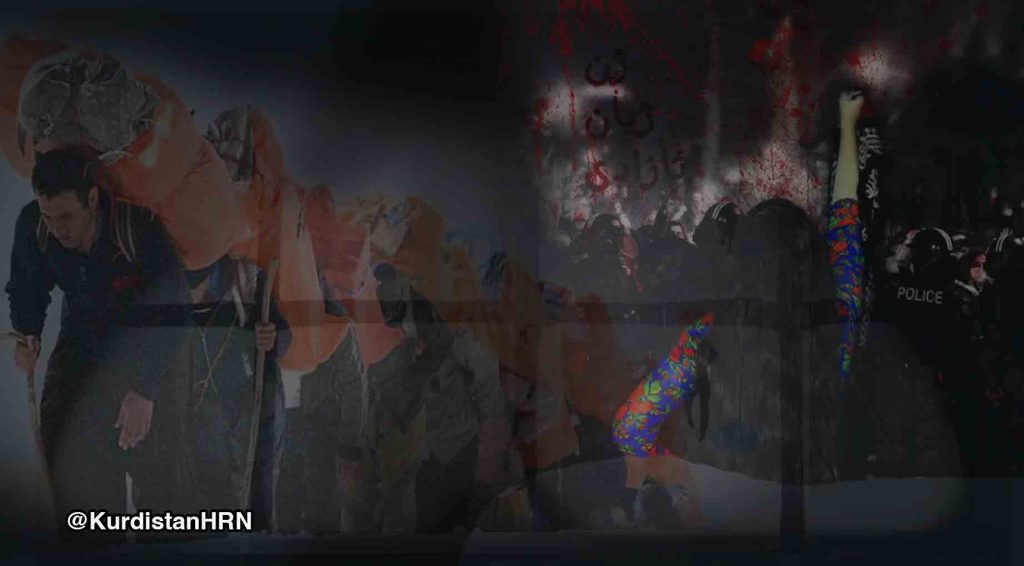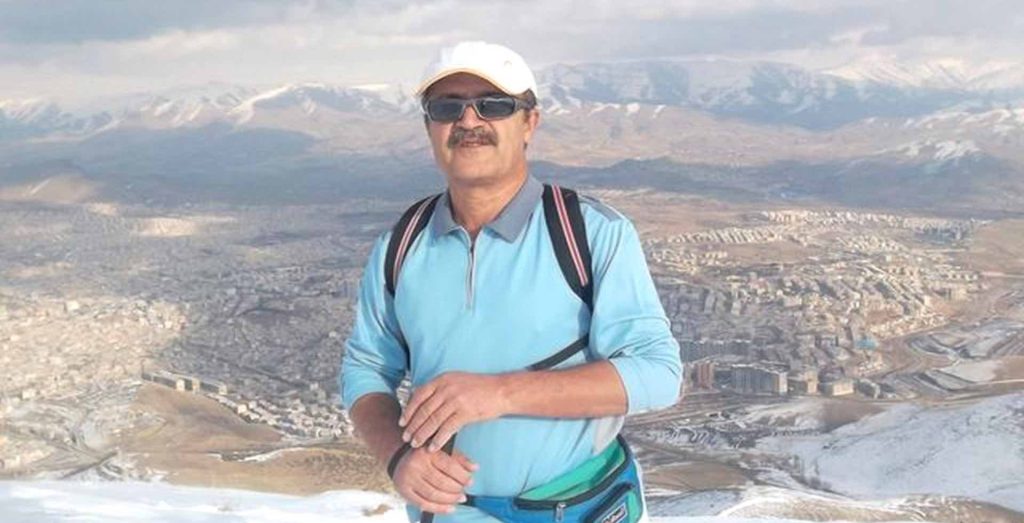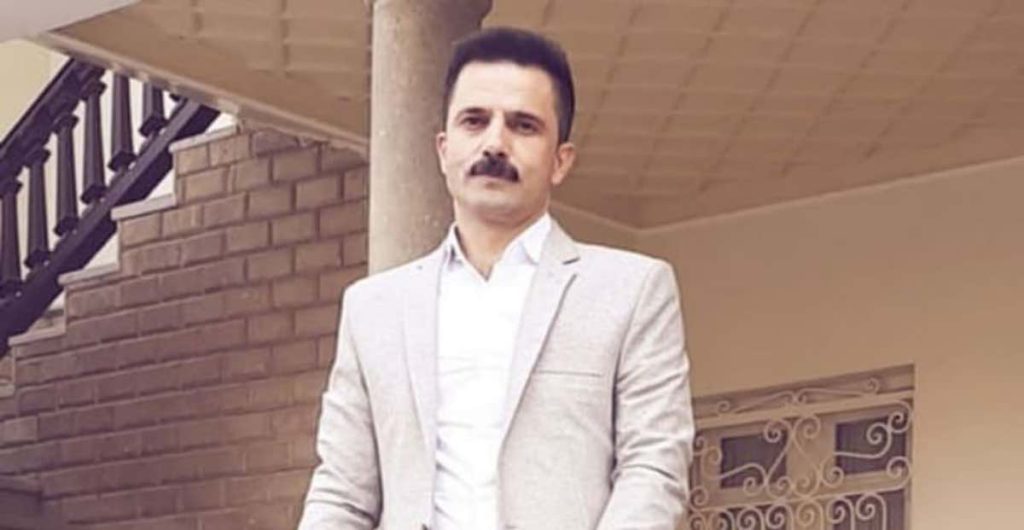Authorities at Orumiyeh Central Prison in northwestern Iran have been denying Kurdish political prisoner Hatem Ozdemir access to medical services, despite doctors and ultrasound results suggesting that he needs surgery.
Ozdemir, who holds Turkish citizenship, was recently sentenced to death and has been suffering from kidney stones for several years.
A source familiar with the situation of the political prisoner spoke to the Kurdistan Human Rights Network (KHRN) and said: “Hatem has been suffering from kidney stones since his arrest. During this time he has asked to be sent to a hospital outside prison dozens of times. Following the deterioration of the political prisoner’s condition, he was taken to a hospital outside the prison about two months ago and underwent a kidney ultrasound. After examining the tests, the hospital doctors said that there were four stones in his kidneys and one of these stones was stuck in his kidney valve and he should have surgery as soon as possible.”
According to the source, despite the doctors’ suggestions, prison officials have refused to take him to the hospital for surgery in the last two months: “During this period, Hatem was transferred to the prison infirmary only to reduce the pain, and after being prescribed painkillers, he was returned to the ward.”
Background
On 2 July 2019, forces of the Islamic Revolutionary Guard Corps (IRGC) of the Hamzeh Seyyed al-Shohada base in Orumiyeh ambushed a group of the Kurdistan Workers’ Party (PKK) members in the border areas of Chaldoran in West Azerbaijan province, northwestern Iran.
During the shootings and shelling in this area, Ozdemir lost consciousness due to a mortar shell. He was arrested and taken to the detention centre of the Intelligence Organisation of the IRGC in Orumiyeh.
On 19 August, the political prisoner was transferred to the Orumiyeh Central Prison after his interrogation.
In March 2022, Branch 1 of the Islamic Revolutionary Court of Khoy, West Azerbaijan province, sentenced Ozdemir to death after he was held in detention for 33 months.
It charged the political prisoner with “armed insurrection” (baghi) through “membership in the Kurdistan Workers’ Party (PKK)”.
Following his appeal against the verdict, the case was referred to the Supreme Court.

